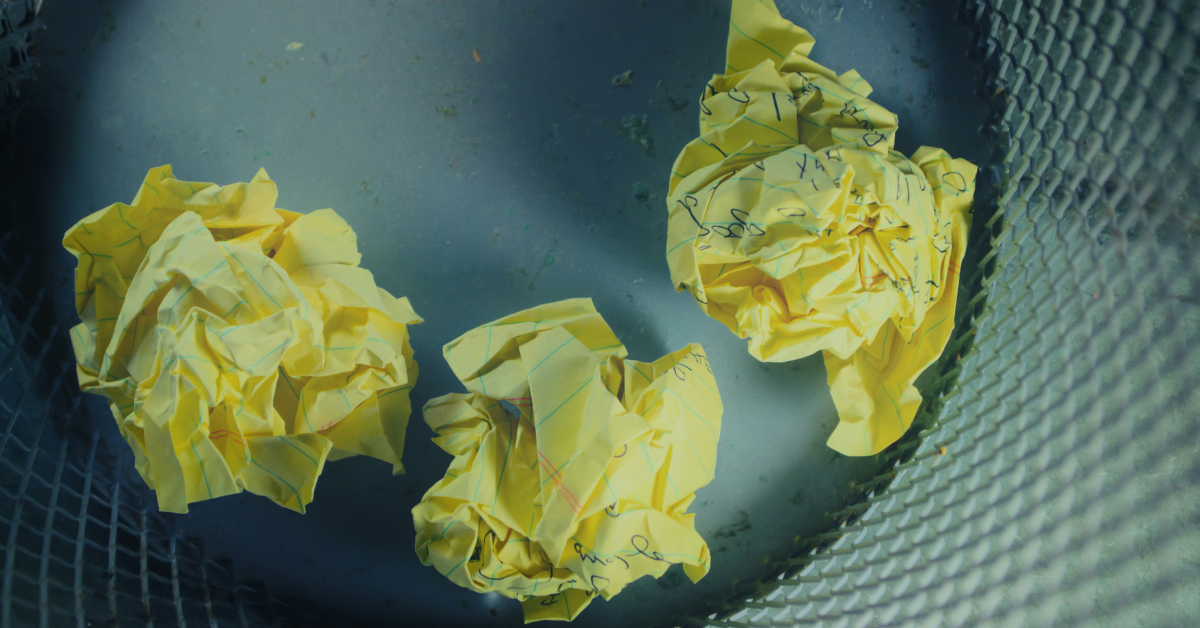By: Thomas Cheeseman
Did you make a New Year’s Resolution? Are you finding, a month in, that you are already off track?
Last year, I made a goal, you know “New Year, New Me”. I made a goal to run a half marathon in 2024.
I failed.
So as a psychologist, how do I deal with this failure? And how will I think about my 2025 goals?
Self-Compassion: Acknowledging Difficulty and Celebrating Other Achievements
The first step in managing unmet goals is embracing self-compassion. As a psychologist, I know that it’s easy to be harsh on ourselves when things don’t go according to plan. We set high expectations for ourselves, and then see failures as black-and-white. But rather than focusing solely on what I didn’t achieve, I remind myself of the circumstances. For example, halfway through the year I had to deal with a toe injury, a reminder that our bodies sometimes have their own plans. On top of that, life threw unexpected challenges my way; frankly, these concerns were more important and appropriately took my attention away from my running goals.
It’s essential to acknowledge these difficulties, but it’s just as important to focus on what I did achieve this year. While I didn’t complete a half marathon, I did engage in regular physical activity throughout the year, enjoying a new gym and good walking habits. I started a new position here at The Centre for Effective Living. This reflection helps me realize that success isn’t only measured by one big goal but by the effort and growth along the way. Practicing self-compassion means celebrating these achievements rather than fixating on one missed target.
Applying to Next Year: Not Just Focusing on One Thing
Looking ahead to 2025, I’ve learned valuable lessons from this experience. First, it’s important not to focus all my energy on one singular goal. For 2025, I plan to set a broader range of goals—some related to fitness, others to mental well-being, and others still to personal relationships or creative pursuits. By diversifying my goals, I’ll ensure that if one area of my life doesn’t progress or I hurt another toe, there are others to celebrate and focus on.
Building Sustainable Habits
Another key takeaway is the importance of building sustainable habits instead of one goal. Running a half marathon is a significant achievement, but what mattered more was the practice. Instead of trying to fit a big, audacious goal into my already busy life, I’ve learned that building habits that are easier to maintain day by day is far more effective. For 2025, my approach will be to focus on small, manageable steps—whether that’s a weekly run, a few hours put aside for my personal creative hobby, or making time for regular social connections. By focusing on these sustainable habits, I will make progress in areas that matter without the pressure of one large, all-consuming goal.
Unmet goals are a part of life, and while they can be disappointing, they also offer valuable learning experiences. By practicing self-compassion, acknowledging my achievements, and applying these insights to my future goals, I can approach 2025 with a healthier, more balanced mindset. It’s not about achieving every goal, but rather about making consistent progress and celebrating the journey along the way. I wonder whether you can apply any of these ideas to that 2025 goal that you’re already starting to doubt?
Article supplied with thanks to The Centre for Effective Living.
Feature image: Photo by Steve Johnson on Unsplash

